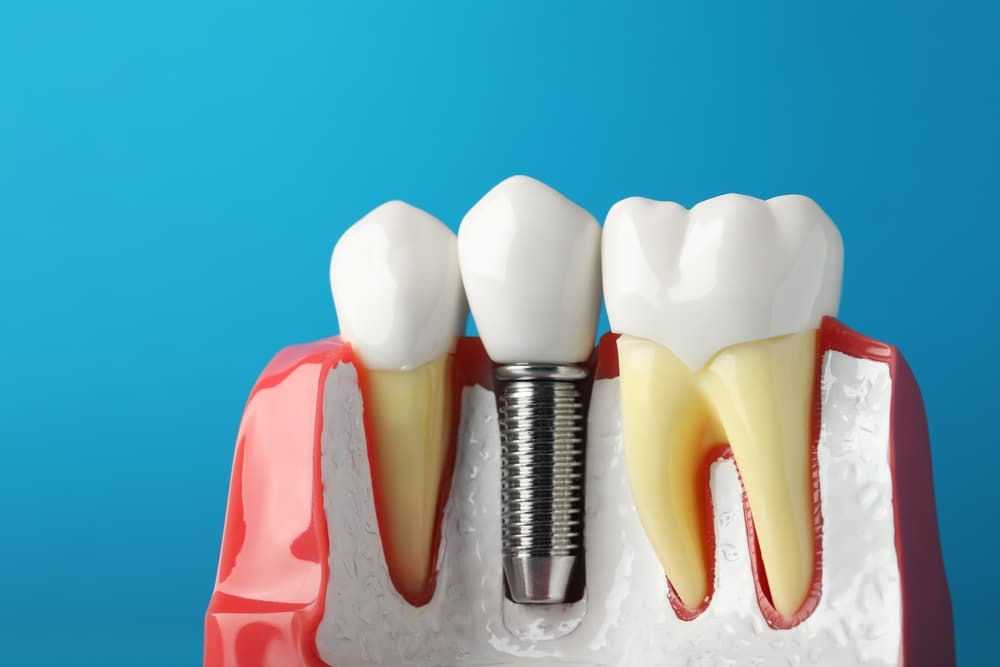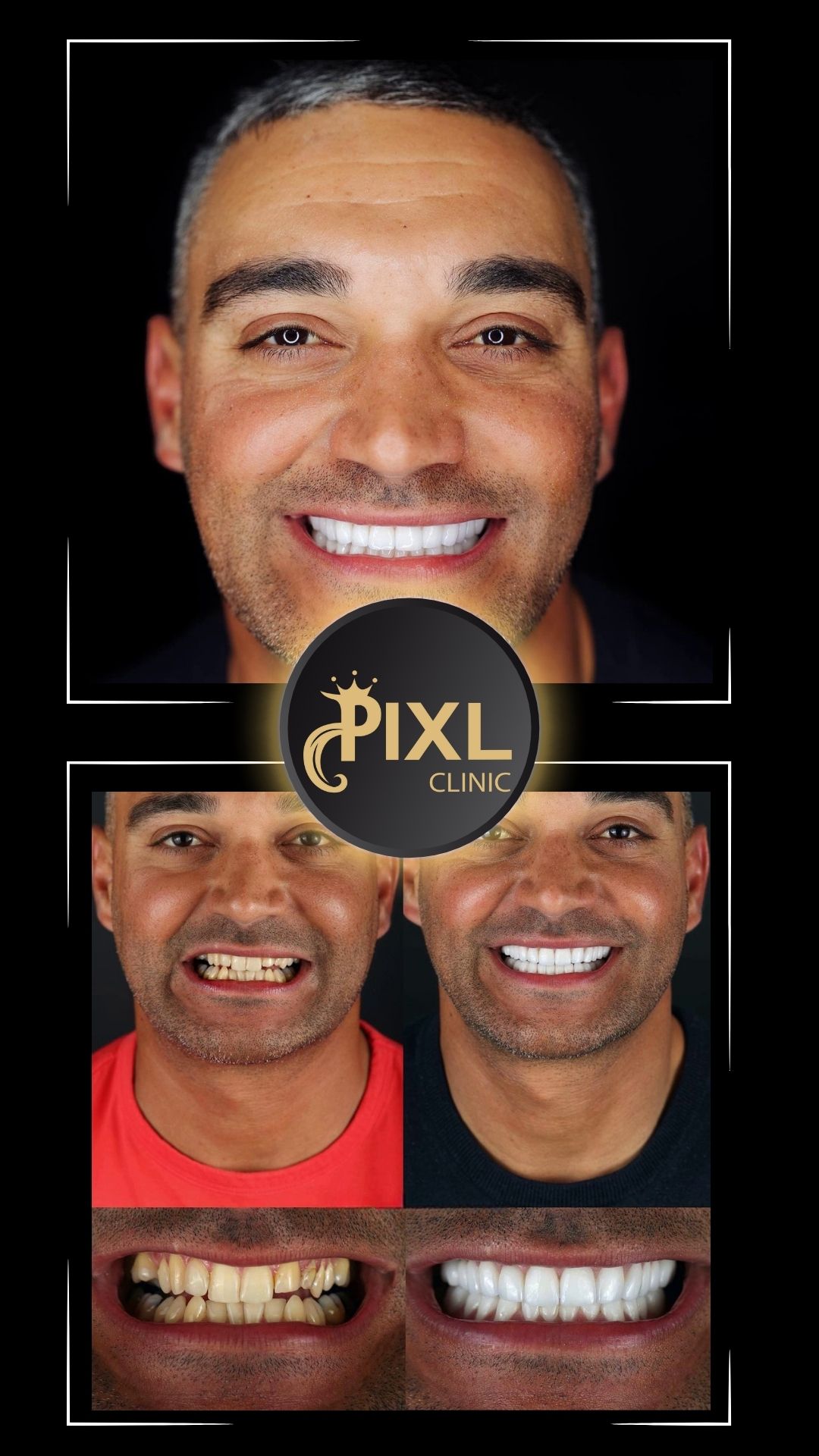How Long Does the Dental Implant Process Take? A Comprehensive Guide
Dental implants are one of the most effective and long-lasting solutions for replacing missing teeth. They not only restore functionality but also improve the aesthetics of your smile. However, many patients are often curious about how long the entire dental implant process takes. The answer is that it varies depending on individual circumstances, but on average, the process can take anywhere from a few months to over a year. Here, we’ll break down each step of the dental implant process, including factors that influence the timeline.
Initial Consultation and Assessment
The dental implant journey begins with a consultation with your dentist or oral surgeon. During this visit, your dentist will:
- Examine your oral health.
- Review your medical history.
- Take X-rays or 3D scans to assess your jawbone.
- Discuss your goals and expectations.
If your oral health is in good condition and you have adequate jawbone density, you may proceed to the next step. However, if issues like gum disease or bone loss are present, these need to be addressed first, which can add weeks or months to the timeline.
Estimated Time: 1–2 weeks (depending on appointment availability).

Preparatory Procedures (if needed)
For some patients, preparatory treatments are required to ensure the success of the dental implants. These treatments may include:
- Bone grafting: If your jawbone is not dense or thick enough to support the implant, a bone graft may be necessary. This procedure involves transplanting bone material to strengthen the jaw.
- Healing time after a bone graft: 4–6 months.
- Tooth extractions: If you have a damaged or decayed tooth that needs removal, this will also extend the timeline. Simple extractions heal faster, while more complex ones may require additional recovery time.
- Healing time after extractions: 1–2 months.
Estimated Time: 1–6 months (depending on the procedure and healing).
Implant Placement Surgery
Once your mouth is ready, the dental implant is surgically placed into the jawbone. This is a relatively quick procedure, typically performed under local anesthesia. After the implant is inserted, the healing process begins. During this time, the implant integrates with the bone in a process called osseointegration.
Healing Time: 3–6 months.
Osseointegration is critical for the stability and longevity of the implant. While the implant heals, your dentist may place a temporary crown or denture to maintain appearance and functionality.
Abutment Placement
After osseointegration is complete, the next step is placing the abutment. The abutment is a small connector that links the implant to the dental crown. This procedure is minor and often performed under local anesthesia.
- Healing after abutment placement: 1–2 weeks.
In some cases, the abutment is placed at the same time as the implant, reducing the overall timeline.
Final Restoration
The last stage involves the placement of the permanent crown, bridge, or denture. Your dentist will take impressions of your teeth to create a custom restoration that fits perfectly and matches your natural teeth. Once the crown is ready, it is securely attached to the abutment.
Estimated Time: 2–4 weeks (for crown fabrication and placement).
Factors That Influence the Timeline
Several factors can impact how long the dental implant process takes, including:
- Oral health: Patients with healthy gums and sufficient jawbone density can proceed faster than those who need preparatory treatments.
- Bone grafting requirements: Extensive bone grafting can significantly extend the timeline.
- Healing speed: Each individual heals at a different rate, influenced by factors like age, overall health, and lifestyle habits (e.g., smoking can slow healing).
- Type of implant procedure: Some advanced techniques, like same-day implants, can shorten the timeline for eligible candidates.
- Number of implants: Replacing multiple teeth or securing dentures with implants may take longer than a single-tooth replacement.
Typical Overall Timeline
- Straightforward cases: 3–6 months.
- Cases requiring bone grafting or other treatments: 6–12 months or more.
Is It Worth the Wait?
The dental implant process may be lengthy, but it is well worth the investment of time. Implants offer unparalleled durability, functionality, and a natural appearance. They prevent bone loss, maintain facial structure, and provide a lifelong solution with proper care.
Tips for a Smooth and Efficient Process
- Choose a qualified dentist: Work with an experienced implant specialist to ensure a smooth procedure.
- Follow post-operative instructions: Proper care during the healing process can minimize delays.
- Maintain good oral hygiene: Healthy gums and teeth support faster recovery.
- Attend all follow-up appointments: Regular check-ups are crucial for monitoring progress.
While the dental implant process requires patience, the results are transformative. By understanding the steps involved and planning accordingly, you can set realistic expectations and enjoy a successful outcome. If you’re considering dental implants, consult your dentist to discuss a personalized timeline and take the first step toward a healthier, more confident smile.
Frequently Asked Questions About the Dental Implant Process
How long does the entire dental implant process take?
The process can take anywhere from 3 to 12 months, depending on factors like the need for preparatory procedures, healing time, and the complexity of the case. For straightforward cases, the timeline may be shorter, while cases involving bone grafting or multiple implants may take longer.
What is the average healing time after implant placement?
The healing process, known as osseointegration, typically takes 3 to 6 months. During this time, the implant fuses with the jawbone to create a stable foundation for the restoration.
Do I need a bone graft before getting dental implants?
Bone grafting is necessary if your jawbone lacks sufficient density or volume to support the implant. This is often determined during the initial consultation. Healing after a bone graft can take 4 to 6 months before the implant can be placed.
Can I get a dental implant immediately after a tooth extraction?
In some cases, a dental implant can be placed immediately after tooth extraction, a procedure known as immediate implant placement. However, this depends on the condition of your jawbone and surrounding tissues. If there’s infection or insufficient bone, additional healing time is needed.
Are dental implants painful?
The procedure is performed under local anesthesia or sedation, so you won’t feel pain during the surgery. After the procedure, you may experience some swelling or discomfort, which can be managed with over-the-counter pain medications.
What factors can delay the implant process?
- Gum disease or oral infections.
- The need for bone grafting or sinus lifts.
- Smoking, which can slow healing.
- Poor oral hygiene, which may lead to complications.
Can I wear dentures or a temporary crown during the healing process?
Yes, temporary solutions like dentures or a provisional crown can be provided while your implant heals. This ensures you can maintain functionality and aesthetics throughout the process.
How long do dental implants last?
With proper care, dental implants can last a lifetime. The crown or restoration typically lasts 10–15 years before it may need replacement due to wear.
Are there any alternatives to dental implants?
Yes, alternatives include:
- Bridges: Supported by adjacent teeth.
- Dentures: Removable options for replacing multiple teeth. While these options are less invasive, they don’t provide the same durability or benefits as implants.
Am I a candidate for same-day implants?
Same-day implants are suitable for patients with good oral health, sufficient jawbone density, and no underlying conditions like gum disease. Your dentist will evaluate your case to determine if this option is right for you.
How can I speed up the dental implant process?
- Maintain good oral hygiene.
- Follow post-operative instructions.
- Avoid smoking, as it can impair healing.
- Attend all follow-up appointments as scheduled.
What happens if my dental implant fails?
Dental implant failure is rare but can occur due to infection, poor healing, or insufficient bone integration. In such cases, the implant can often be removed and replaced after the area heals.
Will dental implants look and feel natural?
Yes, dental implants are designed to mimic the appearance and function of natural teeth. The crown is custom-made to blend seamlessly with your smile.
Is the dental implant process covered by insurance?
Some insurance plans cover a portion of the cost, particularly for preparatory procedures like extractions or bone grafting. However, implants are often considered a cosmetic procedure, so coverage varies. Check with your provider for details.
































